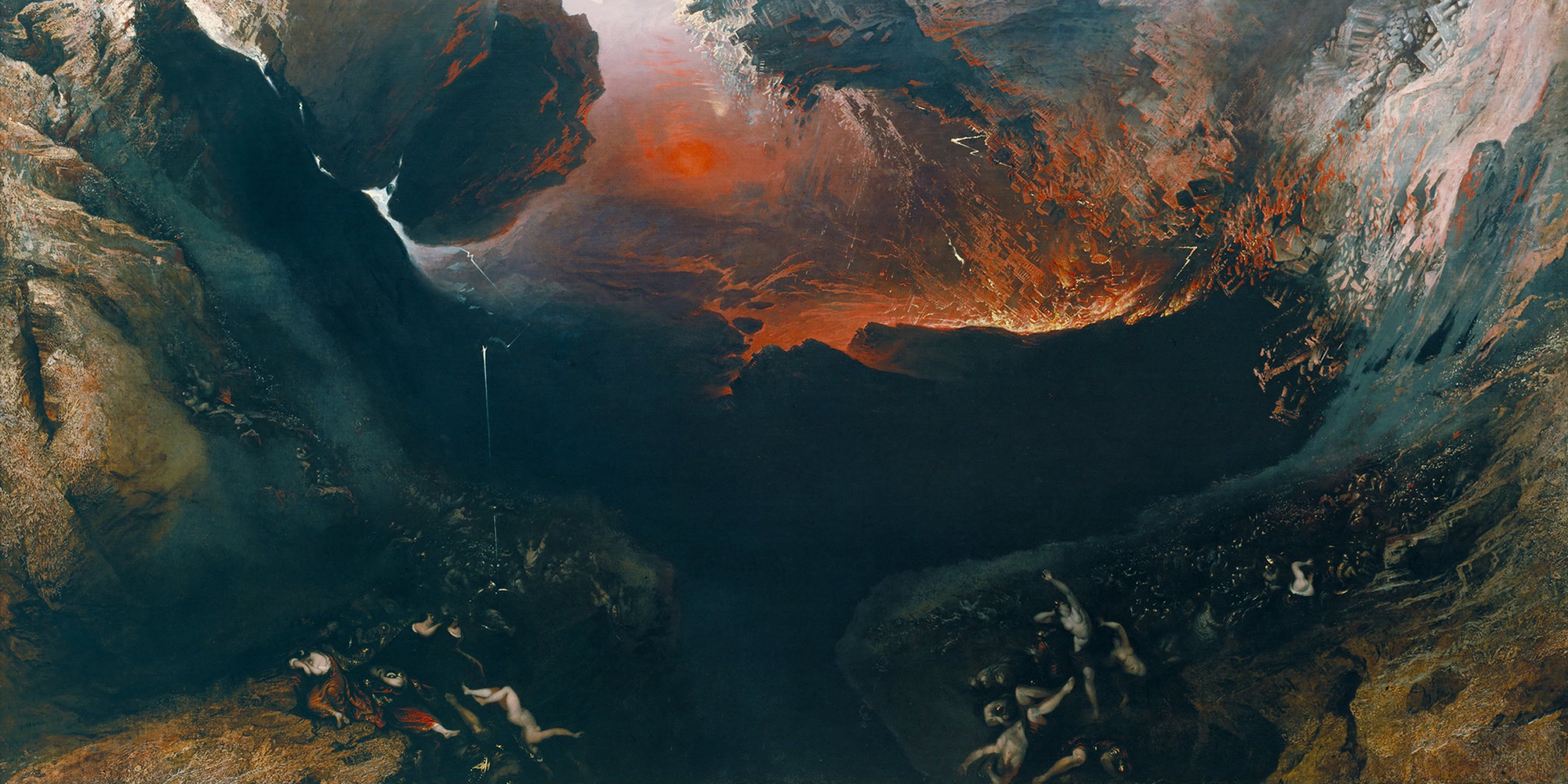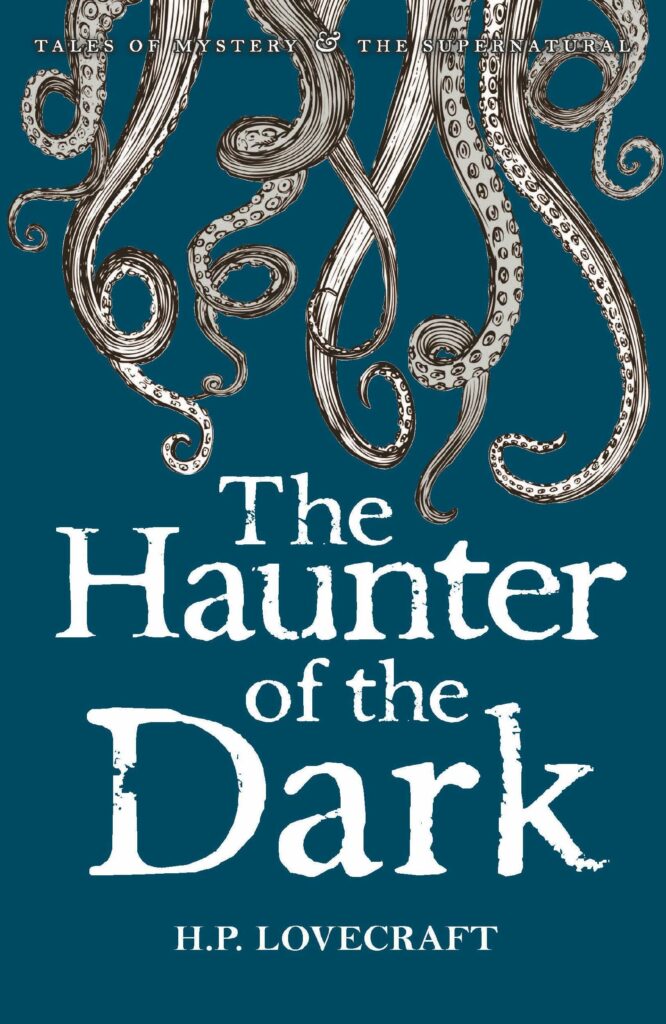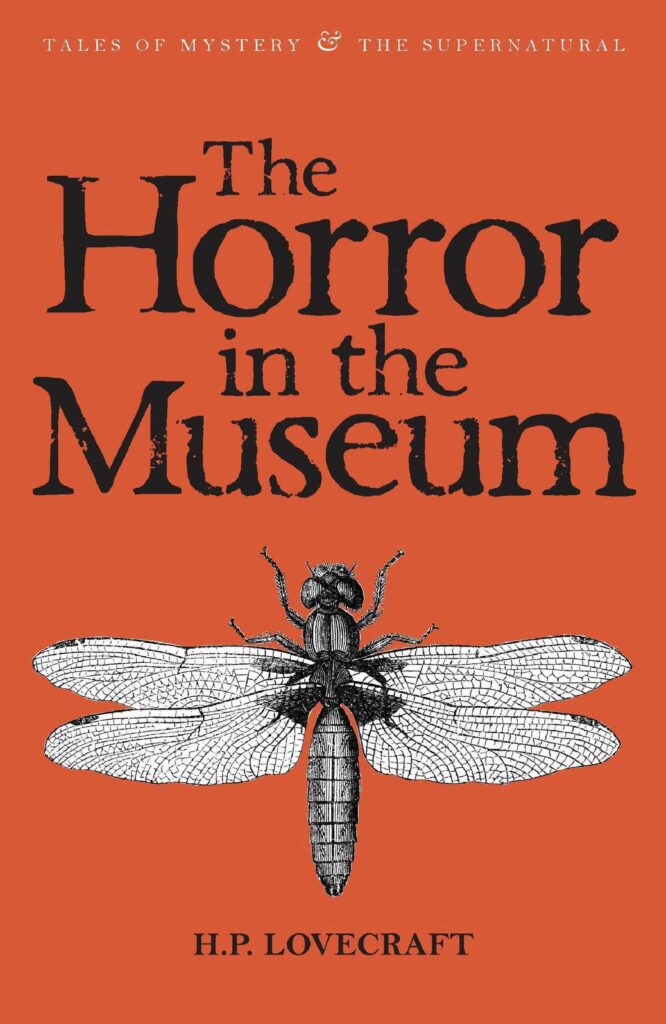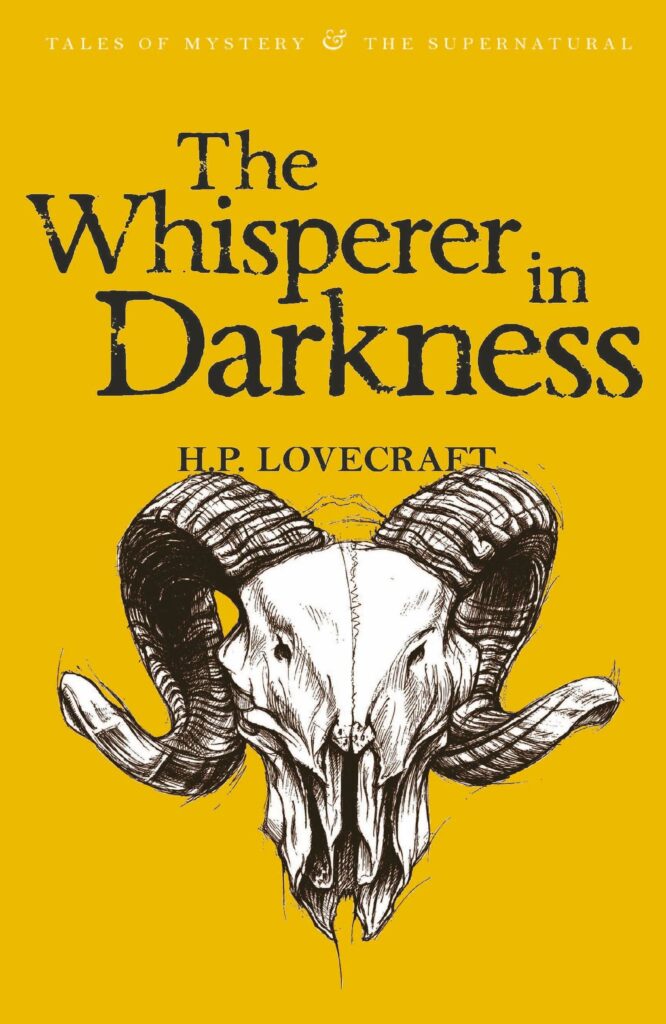
Sally Minogue looks at the poet, Wilfred Owen
Wilfred Owen died 100 years ago this Sunday, November 4th. Sally Minogue links his poetry with that of a later conflict, the Vietnam War.
“Just Before the Dawn, I Awake and Find Yuggoth”
This is a time of Wilfred Owen commemoration. Last weekend I attended a conference dedicated to Owen and his legacy, and this coming weekend I’ll be in France to mark the hundredth anniversary of Owen’s death on November 4th, 1918, one week before the cessation of hostilities. And all over the country, in the Midlands where Owen lived his younger life, in Craiglockhart where he had his seminal encounter with Siegfried Sassoon, in Ripon where he spent his last creative period, he and his poetry will be remembered. There is a savage irony in this huge remembering of Owen. As a young poet, he wanted nothing so much as to be known as a poet among poets, a reincarnation of his beloved Keats. And so he was, and so he was remembered – but, like Keats, knew nothing about it.
Owen prefigured this not-knowing to some extent in his sonnet ‘To My Friend (with an identity disc)’, which I’ve written about before on this site. In that poem, he reflects on himself as dead (so this is a self-elegy), and reflects too on how then he might be remembered. And he rejects the obvious forms of remembering, the signs of fame – the proclamation of the ‘dead name’ inscribed ‘High in the heart of London’, the more hidden glory of the much-visited but ‘quiet place’ like that of Keats’s cypress-shaded grave. Instead, he imagines his name persisting through the simple token of his identity disc, worn against the heart of his friend.
But when Owen wrote this poem, did he really imagine himself dead? Hard for any of us to do that, though arguably easier for those faced with imminent death in battle, particularly with the high odds of dying that a junior officer such as Owen faced. But when any of us imagine our dying, the paradox is that we’re still in the picture – there to see its effects. There’s still that romanticism in ‘Identity Disc’ in that Owen sees himself dead, but alive to see himself dead.
There was a thread in the conference I attended that linked Owen to the post-Vietnam poets – poets like no other in the American tradition, yet drawing on an American form of poetic speech and breath and that large poetic imagination for which we can’t find an equivalent in Britain or even in Europe. It goes back to Walt Whitman, as indeed, tangentially, do the First World War poets, who saw in Whitman’s ‘Drum Taps’ (about the American Civil War) a model for their own response to war.
One of the Vietnam generation of poets, W. D. Ehrhart, said that he went off to fight thinking that he could be the Wilfred Owen of the Vietnam War – but that he had neglected to realise that the Wilfred Owen of the First World War had in fact ended up dead. Ehrhart survived, as did others – John Balaban (a conscientious objector who went to Vietnam as a member of the Peace Corps), Yusef Komunyakaa – and they wrote searing poetry out of a conflict that was, if possible, even more, brutal than the First World War. Dreadful damage was inflicted on the Vietnamese population, but dreadful damage was also done to the American soldiers who inflicted it.
There’s a direct line between these two conflicts and a direct line between the poets who have written of them. In each case, the lack of foreknowledge is implicit, as in Ehrhart and Owen, both seeing themselves as remembered poets – but neglecting to realise that their own deaths were entailed in that. Wilfred Owen’s ‘The Send-Off’ captures this tragic not-knowing which also carries in it a sort of knowledge which can’t be acknowledged.
So secretly, like wrongs hushed up, they went
Although the first line of the poem pictures the soldiers singing – ‘Down the close, darkening lanes they sang their way’ – that ‘darkening lanes’ immediately imposes a sense of foreboding. Similarly
Their breasts were stuck all white with wreath and spray
As men’s are, dead.
The supposedly celebratory sprigs of flowers become funereal even before the men have left (proleptic echoes here of Seamus Heaney’s ‘bloom of hawthorn’ in ‘In Memoriam Francis Ledwidge’).
I might dismiss this poem of Owen’s as too doom-laden, foreseeing dread even in what was in reality often a triumphal send-off, in the First World War anyway. But when I was a graduate student in America in 1971, I was on my way home to England, passing through JFK airport, when I saw a bizarre procession – young men followed by a small band of friends, one of the piping on what I remember as a sort of tin whistle, part celebration, part threnody. This was a funeral march before the funeral had happened; the young men were Vietnam conscripts going off to war. I have never forgotten the image and all that was contained in it. Owen’s poem catches some of that. And when he writes
Shall they return to beatings of great bells
In wild train-loads?
I think first not of First World War returnees but of Vietnam veterans who came back for the most part to silence and often to despair.
A few, a few, too few for drums and yells,
May creep back, silent, to village wells
Up half-known roads.
But then: those few imagined soldiers did at least comeback. Owen et al didn’t. I guess they’d rather have returned, even with the attendant griefs. John Balaban has a poem ‘If Only’ in which he imagines the happy life of survival. Its last line is
This is how it should have been.
There was a pervasive feeling as we celebrated Owen at the conference, that he should have known how he was remembered. He should have known that he was remembered. He should have known that the remembrances he imagined and then rejected – engraved name high up in London (now in Poet’s Corner in Westminster Abbey), shaded grave visited by many pilgrims (as at his burial place in Ors, France) – came to pass. His poetry remains and sustains – but it would have done anyway. What we mourn is the irreplaceable life. This is how it should have been.
The Poems of Wilfred Owen, Introduction and Notes by Owen Knowles, Wordsworth Editions, 2002
Seamus Heaney, Field Work, Faber and Faber, 1979
John Balaban, www.johnbalaban.com
W. D. Ehrhart, www.wdehrhart.com
Yusef Komunyakaa, Pleasure Dome: New and Collected Poems, 2001, Wesleyan University Press
Books associated with this article

The Haunter of the Dark: Collected Short Stories Volume 3
H.P. Lovecraft

The Horror in the Museum: Collected Short Stories Volume 2
H.P. Lovecraft
